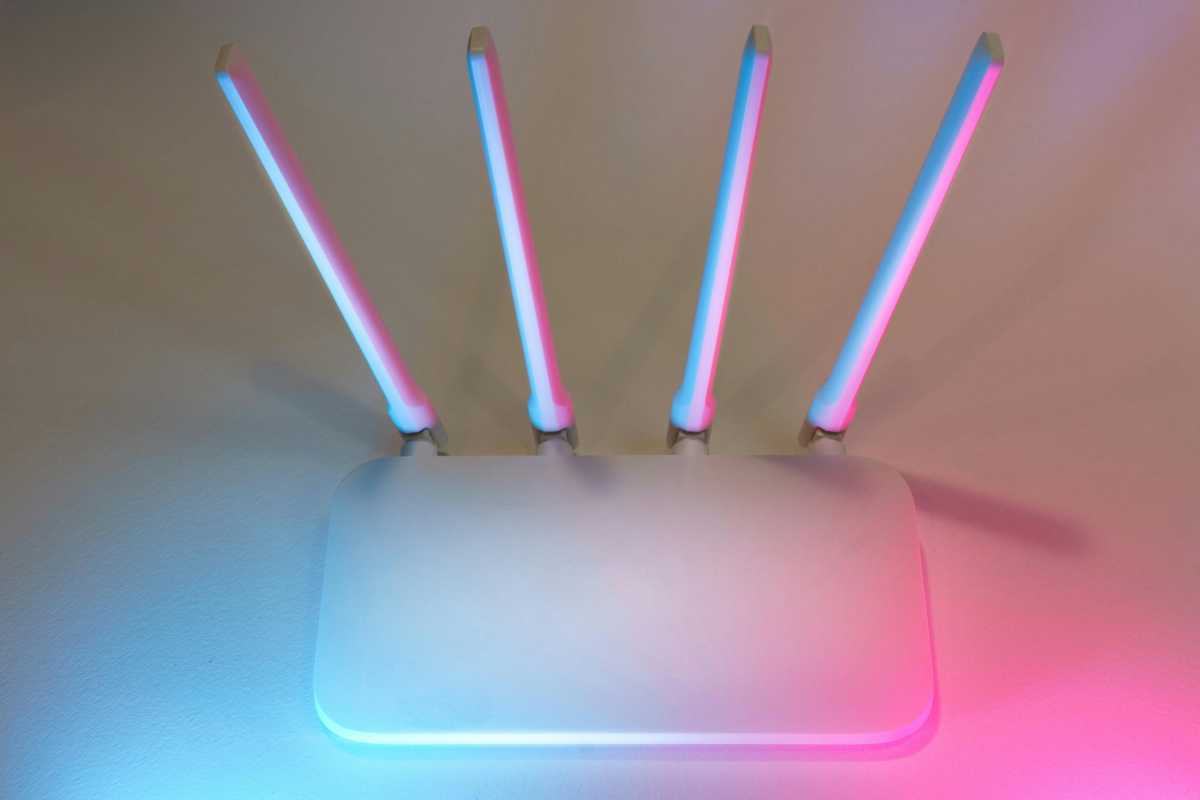
When your internet is running slow it can be beyond frustrating. Grappling with downloading or uploading files when your internet is chugging along can be tedious. Figuring out why your connection has gone slow is a must-do if you’re to overcome the problem. But where to start? Here are five common reasons your internet could be running slow that you can use as a guide.
1. Network congestion
Network congestion is like a traffic jam on your data highway. It occurs when there is more data trying to travel across a network than the available bandwidth can handle. The overload leads to annoying performance issues, such as increased latency. A common cause can be when too many devices are connected to your network at the one time.
There’s not much you can do about it except maximize your internet plan with your service provider or find a service provider whose network doesn’t suffer as bad congestion. You might also decide to use your internet at times other than peak times.
2. Background applications consuming bandwidth
If you’re running programs or downloading large files in the background while surfing the web, you might be consuming your available bandwidth as those programs or downloads clock up megabytes. You might not even be aware of the apps and programs running and the effects they’re having on your internet speed.
To prevent that happening you should regularly check to see what background processes are running and close unused apps and programs to free up bandwidth for other important tasks.
3. IP throttling
Some internet service providers deliberately slow down internet connections. This can be done for a variety of reasons. For example, for users that have reached certain data limits, to ease congestion or to prioritize other traffic. Throttling can affect your overall internet experience making activities like streaming, downloading, browsing, or gaming slower than usual.
In some cases, a VPN can help prevent IP throttling by changing your IP address, or the home address that your internet service provider sees as belonging to your connection. PCWorld reviews VPNs, so be sure to check out our list of the best VPNs.

Pexels: Jakob Zerdzicki
4. Malicious software or viruses
Viruses and other malware can affect your internet speed in a number of ways. They can run in the background of your PC, consuming your computer’s CPU and memory resources. Alternatively, they can chew up bandwidth by downloading or uploading files without your knowledge.
In some cases, viruses can even infect your router causing it to malfunction or slow down. Viruses can also conduct malicious activities like Distributed Denial of Service (DDos attacks) which can further degrade your internet performance.
Make sure you are using a reliable antivirus program, such as one of those that PCWorld recommeneds.
5. Outdated or broken router
When all is said and done, if your internet is slow and there is no apparent reason, you could have a router suffering from technical difficulties. Alternatively, your router might just be old and not support the latest technological standards, or the firmware could be out of date. If you can’t just update the firmware, you’re going to need a new router to facilitate faster speeds and get you back surfing the web in double time.



You must be logged in to post a comment.